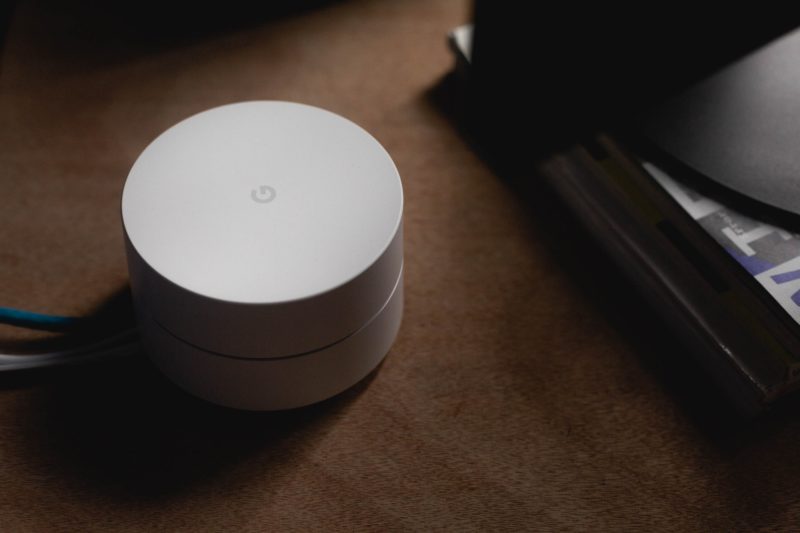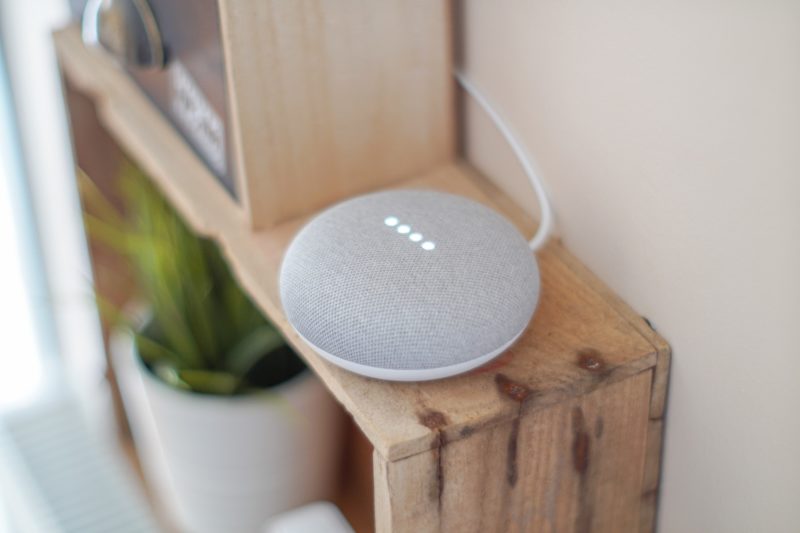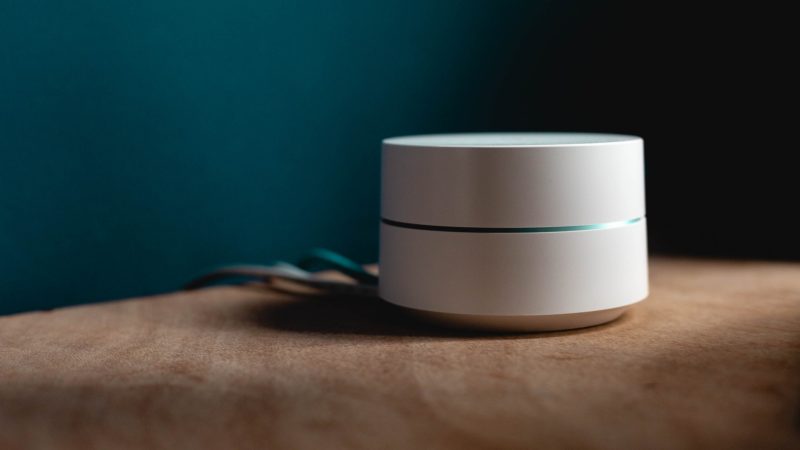The impact of voice technology on the hotel industry
This post is an extended version of an original commentary piece which originally appeared on Hotel Executive.
Voice technology is shaping the way we live our lives. The hospitality industry is far from an exception.
In our rapidly changing world, voice technology is quickly becoming the next big thing in travel, hospitality and leisure. Now is the time for brands to embrace building a strategy for voice – much like the early days of search technology, when companies were battling it out for top Google ranking.
Given the interest consumers have in using smart speakers and voice search, brands today should be eagerly looking to incorporate voice technology into their offerings both within the property and in how they engage broadly, including optimizing content and working to rank higher on voice cues and skills.
Consumers are increasingly using voice assistants like Siri, Alexa or Google Home for more than simply music streaming or accessing the news and weather – these are no longer differentiators like they were when Apple introduced Siri in 2014. Consumer expectations are rising and their habits are evolving, with recent Magid research showing that 47% of consumers with access to voice assistants use voice to shop.
They’re also using voice assistants to search for and discover new things. According to research commissioned by CTAM, half of all U.S. voice assistant users report having used these devices to learn about entertainment content. These behaviors bring to light the opportunity for travel and hospitality brands, as consumers could similarly use voice search to discover new travel destinations, book travel or arrange experiences.
Additionally, as consumers become more accustomed to having smart speakers and voice assistants in their home, it’s only a matter of time before all hotel guests expect to be able to simply speak a directive to order room service, call for maintenance, get advice on local restaurants and shows, or provide feedback upon checkout. The expectation for a travel experience to mimic at-home smart capabilities is coming fast, especially for early adopters of connected home and voice technology.
One brand that appears to be on the forefront of deploying voice technology in hospitality – it should come as no surprise – is Amazon. Amazon introduced Alexa for Hospitality last year and has partnered with Marriott to launch it in several of its properties. It’s also working with several vacation rental properties and boutique lifestyle hotels to test the platform.
Alexa for Hospitality works over Echo devices installed in guest rooms and is currently configured for guests to ask Alexa about the hotel features and amenities, as well as the ability to contact hotel services. While still in development, it’s not hard to envision how popular it will become among travelers. The question becomes, in what ways will the popularity of voice technology devices like these impact the rest of the travel and hospitality industry?
The good and the bad tech for the hospitality industry
Accessibility
There are numerous advantages provided by in-room voice assistants. First, voice technology will make everything more accessible, even for non-tech types of guests. If you have ever struggled with iPads in rooms to close the blinds or turn the lights off and on, you will be especially pleased with the ability to merely say ‘close blinds’ or ‘turn off the bedroom lights.’ While technology has been making consistent strides in hotels, new innovations are not always easy to navigate for the technophobe. (Sometimes it seems like you need a special Ph.D. just to figure out how to set the alarm clock.) Voice assistants are increasingly familiar, easy to use and can execute multiple tasks, reducing a great deal of friction for the traveler.
Personalization
Another opportunity associated with voice assistant technology is the potential to personalize experiences, which is a growing requirement in the hospitality sector. While still under development, there are plans to update the platform so that guests can personalize their in-room Echo by connecting to their private Amazon accounts for the length of their stays. When this is launched, it will be an especially valuable feature for guests, giving them the ability to connect to content and make a purchase through their Amazon Prime account.
Privacy
Of course, with every advancement, there are corresponding concerns. The concern that has received the most attention is the fact that Alexa and other smart devices are always listening; ever present. This could be particularly discomforting for hotel guests with privacy concerns, especially since they may not realize a smart device will be in-room. While guests can ask that they not be placed in rooms with smart speakers present, or have them removed, having one present still may feel a bit creepy to the uninitiated. To relieve these fears Amazon promises to delete all recorded conversations at the end of each day, but that may not be enough for some customers.
Staffing
Another significant concern is the potential that automated technology such as this will lead to properties scaling back or displacing concierges, or perhaps even front desk workers. While it will not be immediate, the more guests are able handle their own requests, the need for staff will likely decrease. It will be interesting to see the initial reaction in the hotel world, particularly among frequent guests who have developed a relationship with the hotel staff. While Marriott has stated their goal is not to replace workers, only time will tell how things will evolve.
Learning Curve
As with any emerging technology, there are likely to be some speed bumps along the way, especially given the ‘learning aspects’ of AI. There are occasions when Siri, Apple’s voice assistant, makes head-scratching errors in understanding and translation. The Alexa technology seems to be more effective, but one can imagine situations where those with difficult-to-understand speech patterns may struggle to make their intentions understood. Since a guest is likely only in the room for a few days, it will be difficult for a smart speaker to adapt to their particular patterns.
Implications of voice technology in hospitality
It’s not hard to imagine a world where in-room voice assistants are available in virtually every type of hotel room, from economy to luxury brands. Voice devices are likely to become as commonplace as telephone answering machines, cell phones, video recording machines, and GPS devices – all of which were considered breakthrough technology at the time of their conception, and now seem unexceptional, if not already antiquated and replaced with some newer upgrade.
This presents an opportunity for hotels to reevaluate their customer experience to find ways in which they can elevate the hospitality and guest interaction, while improving efficiencies. In this way smart technology becomes an extension of a guest centric experience, which must not be neglected.
If technology is going to check guests in and out of their rooms, address the various needs and concerns during their stays, give helpful advice and directions, and even collect guest impressions after they return home, then hotels need to find new ways to make human connections with guests. Otherwise, the risk is in becoming one option among many with no human element to distinguish one from another. It won’t be easy to find the balance between efficiency and building connection, as some guests will likely acknowledge and appreciate the efficiency of voice technology and no long feel the need to interact with people. But, the nature of human creatures is to appreciate connection with others, making those connections all the more important because they may become less frequent with voice assistance.
Hotels will just have to learn to not neglect this aspect of the hotel experience, being creative in the ways to engage guests in personal interactions while not intruding, or impeding, their stay. Human hospitality will remain, but it will likely take a different form than the front desk agent and concierge roles of today, which could be displaced by voice technology.
One way hotels could face – and even embrace – this disruption is with a renewed focus on employee engagement. While some areas may be pared back due to lessening demand, some staff members could play a key role in customer experience through their social skills, and by sharing their expertise and local knowledge of the community. The focus should be on attracting and retaining staff members who go above and beyond for guests, and who can add value by providing the more personalized experience that many travelers seek – while being even more responsive and specific than what they could get from a voice assistant.
Advancement for the hospitality industry
Beyond the in-room smart speakers, the impact of voice technology in the travel space could soon encompass the entire planning and post-travel experience. For hospitality companies, understanding how voice and smart speakers are changing search will be critical to staying visible and relevant in this new age of technology. Imagine if a guest could ask Google Home or Siri to tell them about Trip Advisor reviews for a city or even specific property. It certainly would keep hotels more accountable for quality guest service, and more engaged with their customers’ needs.
As travelers become more and more data driven, it is foreseeable that a guest could name the qualities they were seeking in a hotel or destination and, based on an algorithm, the smart speaker could recommend their ideal landing spot, all with a conversation rather than searching on the computer or a smart phone. Brands that don’t address voice, and ensure their properties are voice search optimized, will cede ground to the competition.
At the end of the day, technology drives change, and the hospitality industry is poised to take advantage of these new tools in an exciting way. It could mean that jobs will be eliminated or one area of a business will need to be scaled back, but it is more likely to highlight other areas that could be built up.
The hospitality brands who will be most successful in adjusting to the disruption of voice technology will reap the benefits of early mover advantage. Voice is a new channel for improving the customer experience – giving consumers a natural, seamless brand interaction while providing a useful service – and a new way for brands to maintain a competitive edge.




